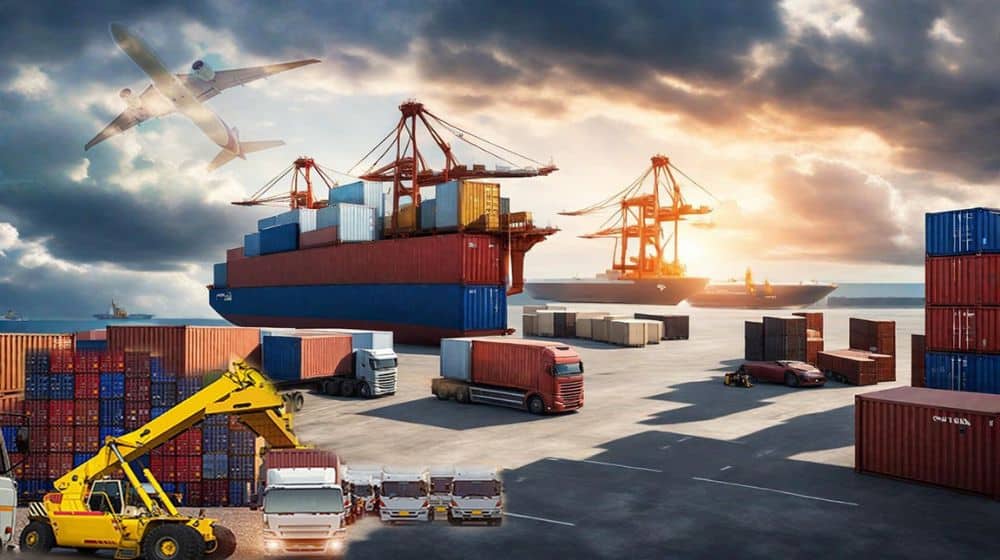In the dynamic world of international logistics, Customer Relationship Management (CRM) has emerged as the linchpin that distinguishes thriving businesses from the rest. It is the cornerstone upon which long-term customer loyalty and sustainable growth are built. CRM has already revolutionized international logistics on a global scale.
In an increasingly competitive, rapidly evolving, and often unpredictable global economy, customer expectations have reached new heights. Customers not only demand top-notch services but also expect personalized experiences and proactive solutions.
To thrive in such an environment, understanding these expectations has become paramount, and can even be said to be the crux of CRM. By engaging with customers at a deeper level, companies can glean invaluable insights into their preferences and requirements. This transformative process allows us to not only improve service delivery but also build stronger, more enduring customer relationships, based on mutual respect and trust. In turn, this translates into business growth, higher revenues, and a decisive competitive edge.
Like almost other business praxes, CRM practices too have evolved over the years. Today, CRM is about creating highly personalized interactions with customers. This personal touch goes beyond basic communication; it also entails for example, sharing market insights and trends that are directly relevant to each customer. Then, by proposing solutions that lead to cost savings, logistics providers can secure long-term loyalty and even attract additional business from clients who may be diversifying their service providers.
In Pakistan’s logistics industry, we are witnessing unprecedented challenges. International trade volatility and currency devaluation over the past few years has increased transportation and other operational costs and has cut into profit margins. Both exporters and importers have been hard hit and, in such circumstances, it is but natural that customers of logistics companies seek cost savings whenever possible. Here, the role of CRM becomes even more important, as logistics companies must come across as solution providers and not just as sellers of services. And this will only be possible through maintaining a very close interaction with customers, understanding their issues and sharing their pain.
Thus, a key requirement for the logistics sector to be able to maintain a high level of customer satisfaction, is to be highly adaptable to change. This in turn requires the logistics company to be very well-informed about not only what is happening in the marketplace today, but also, what can happen tomorrow, so that it can be proactively prepared to offer the optimum services to its clients. Ensuring swift and efficient operations through a customer-centric approach is the desired outcome. Thus, CRM has to evolve from being a mere business function to a strategic imperative.
CRM lays the foundation of long-term, mutually beneficial partnerships that are rooted in trust and reliability. And here, one more essential point needs to be noted – top quality CRM must apply equally to all clients without distinction. The marginal or irregular client today can be a top client tomorrow.
While current times may be difficult in so many ways, a turnaround is perhaps only a matter of time. Logically, those who are able to effectively ride out the current uncertainty will be best placed to leverage new opportunities which will emerge. In this evolving landscape, CRM must be the compass that guides us toward sustainable growth and enduring customer relationships. Logistics professionals must embrace CRM not just as a tool but as a philosophy that empowers companies to exceed customer expectations, and offer innovative solutions.
By focusing on CRM and understanding that personalized customer interactions and tailored solutions are the keys to success, we can navigate the present complexities and unlock a future filled with a good potential for growth and prosperity.
This insightful article is penned by Shahab Ahmed, the Executive Director at Seagold (Private) Limited. Drawing from his extensive experience in the logistics sector, Ahmed delves deep into the transformative role of Customer Relationship Management (CRM) in the dynamic world of international logistics.























